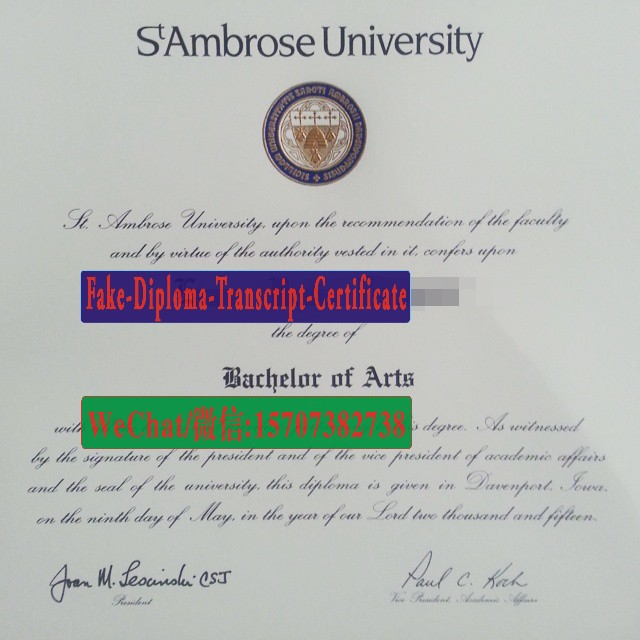Fake St
Are you tired of fake products? Here's how to spot them!
Have you ever bought something online that turned out to be a complete fake? It's frustrating, right? The rise of counterfeit products in the market has become a persistent problem, leaving consumers feeling deceived and cheated. In this article, we will discuss how to identify counterfeit products and protect yourself from falling into the trap of fake goods.
1. Pay attention to the price
One of the most obvious signs of fake products is an unusually low price. When shopping online, if a deal seems too good to be true, it probably is. Counterfeit products are often priced significantly lower than the original, enticing unsuspecting buyers with their low-cost allure. Remember, quality comes at a price, and if the price is too good to be true, it most likely is.
2. Check the packaging
The packaging of a product can provide valuable insights into its authenticity. Counterfeit products often have poor-quality packaging, with misspelled words, blurry logos, or even a different design altogether. Pay attention to the overall quality and attention to detail. Legitimate brands invest in their packaging, so if it seems cheaply made or inconsistent with what you've seen before, it's probably a fake.
3. Examine the product closely
Counterfeit products often lack the same level of craftsmanship and attention to detail as the originals. Carefully examine the product for any imperfections, such as uneven stitching, crooked labels, or inferior materials. Authentic products are made with precision and hold up to scrutiny, so any sign of shoddy workmanship is a red flag.
4. Research the seller
Before making a purchase, take the time to research the seller. Look for reviews and ratings from other buyers, and check if the seller has a reputable online presence. Genuine sellers are transparent and have a history of positive customer experiences. If you find multiple negative reviews or suspicious information, it's best to steer clear and find a more trustworthy source.
5. Trust your instincts
Intuition can play a significant role in avoiding fake products. If something feels off or doesn't add up, trust your gut feeling. Walk away from the deal and explore other options. Remember, it's better to be safe than sorry when it comes to buying products online.
Conclusion
Counterfeit products are flooding the market, making it increasingly difficult for consumers to distinguish between genuine and fake goods. By being aware of the warning signs, paying attention to the details, doing thorough research, and trusting your instincts, you can reduce the risk of falling victim to counterfeit products. Stay vigilant, stay informed, and enjoy the confidence of knowing that you are buying genuine products.
Frequently Asked Questions
Q: How can I protect myself from fake products?
A: To protect yourself from fake products, always be skeptical of unusually low prices, check the packaging for inconsistencies, thoroughly examine the product for any imperfections, research the seller's reputation, and trust your instincts.
Q: What should I do if I suspect I've purchased a fake product?
A: If you suspect that you've purchased a counterfeit product, contact the seller and express your concerns. If they are unresponsive or refuse to address the issue, report the incident to the appropriate authorities and consider seeking a refund or dispute the transaction with your payment provider.
Q: Are all products sold online genuine?
A: While the majority of products sold online are genuine, it's essential to remain cautious and vigilant. Following the tips mentioned in this article will help you reduce the risk of purchasing fake products online.
Q: Can counterfeit products be harmful?
A: Yes, counterfeit products can be harmful. They can pose health and safety risks, as they are often made with substandard materials and lack the quality control measures of genuine products. It's important to avoid fake products to protect both your health and your wallet.
Q: How can I report sellers of counterfeit products?
A: You can report sellers of counterfeit products to the appropriate authorities, such as consumer protection agencies or law enforcement agencies, in your country. Provide them with as much information as possible, including the seller's details and evidence of the counterfeit product.


